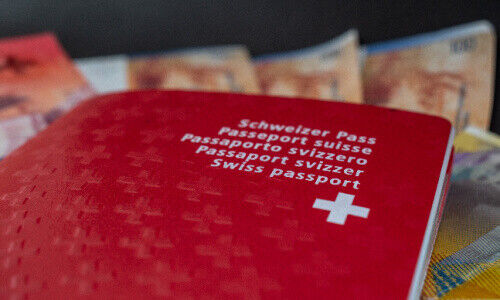With Switzerland adopting the EU's Russia sanctions, Swiss banks are only allowed to accept limited funds from Russian clients. But exceptions abound.
Switzerland's adoption of the EU's sanctions against Russia ensnared around 870 individuals and 62 companies, but there are wider implications for those holding Russian passports or maintaining a residence in Russia.
According to measures related to the situation in Ukraine, banks and institutions are prohibited from accepting new deposits exceeding 100,000 Swiss francs ($105,800) from Russian citizens, natural persons resident in Russia and companies or organizations established there.
Reporting Requirements
There are additional reporting requirements as well, with banks having to provide aggregated reports on the number of relationships with affected individuals and companies, and the total amount of their deposits.
Russian citizens with dual Swiss or EU nationalities are exempt from the restrictions, as information provided by the State Secretariat for Economic Affairs (Seco) shows. In addition, those holding valid temporary or permanent residence permits from either Switzerland or the EU are also spared. Passports from so-called third countries such as the United States, Israel or the United Kingdom fall outside of the exemptions, however.
Outside the Scope
Dividend payments and proceeds from the sale of securities are also outside the scope of the ban and do not count as deposits. This is also the case for securities in custodial agreements.
Loan servicing is also permitted and deposited funds that are withdrawn for paying outstanding loans are also not problematic.




















